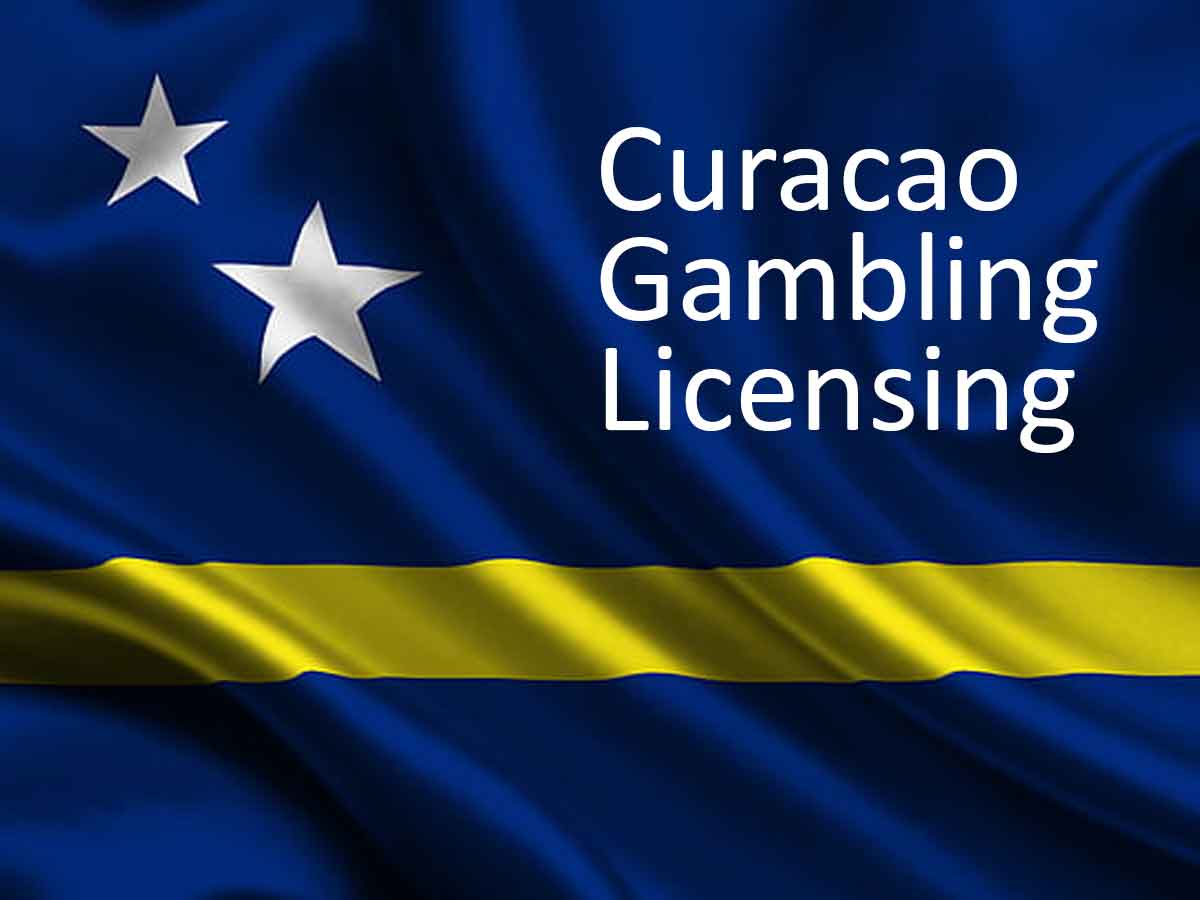The gaming industry is on the brink of a monumental shift!
Parliament has officially unveiled the National Ordinance for Games of Chance (LOK), a groundbreaking law set to revolutionize how gaming licenses and regulations are handled.
Imagine a world where gaming operations are more flexible, transparent, and fair. This is what the LOK law promises. With a new NOOGH framework and innovative Digital Seal Policy, the gaming industry is evolving into a more secure and regulated environment.
Stay ahead in the gaming industry. Embrace the changes brought by the LOK law and prepare for a new era of gaming excellence.
We can help you obtain your Curacao Gambling License
iGaming Express delights in guiding you to secure the Curacao gaming license. Reach out to us to get a tailored proposal just for you.
The National Ordinance for Games of Chance (LOK) has now been formally presented to Parliament, marking a significant milestone in the evolution of gaming regulation. The Minister of Finance has initiated a comprehensive series of procedures to ensure a smooth transition from the current regulatory framework to the newly proposed system, which will take effect upon the law’s enactment.
Under the innovative LOK framework, licenses will be issued by NOOGH (New Ordinance on Gaming and Hospitality) with uniform rights and conditions for all license holders. This framework introduces remarkable flexibility in corporate and license structures, allowing entities to tailor their operations according to individual requirements. Key features include:
- The ability to hold multiple licenses per account.
- Ultimate Beneficial Owners (UBOs) can manage multiple accounts.
- Licenses can encompass unlimited domains.
Focusing on the renewal of current gaming licenses, particularly for Master Licensees, the new law stipulates that no further extensions or renewals will be granted. Master Licensees can continue operations and allow sublicensees to do so until their current renewals expire or until the LOK law comes into force, whichever occurs first. Once the LOK law passes or there are less than 12 weeks of the current renewal remaining, Master Licensees must inform the Gaming Control Board (GCB) about the sublicenses they hold. After this period, Master Licensees wishing to continue operations must apply for a new license under the LOK framework.
From 1st January, all license holders under NOOGH will be permitted to use a new Digital Seal on their website domains, a mark of credibility and compliance issued by the GCB. The GCB also reserves the right to allow operators, in contractual arrangements with license holders, to display this Digital Seal once they have completed the required due diligence.
A comprehensive Digital Seal Policy will soon be released by the GCB. This policy mandates operators to integrate a unique “token” associated with each registered domain on the GCB portal into their website’s DNS. License holders will be responsible for ensuring that their sublicenses do not misuse the official Digital Seal, and the GCB will enforce strict measures against any violations.
A critical deadline is set for 31st March 2024. Post this date, registration of sublicenses on the GCB portal and applications for direct licenses from sublicense operators will cease. This change delineates clear pathways for sublicense registration and NOOGH license applications, marking a new era in gaming regulation.
| Sublicense and domains registered on GCB portal | Sublicense and domains not registered on GCB portal | |
| Application in progress on the GCB portal or license issued by the GCB under NOOGH | Business operations under existing sublicense agreements will proceed without disruption until a direct license is granted. If a direct license is already in place when the LOK law takes effect, it will seamlessly transition into the new framework as a provisional license, ensuring no interruption in business activities. Ongoing applications will be processed under the LOK framework. Meanwhile, operations under sublicenses can continue without any breaks or interruptions. | |
| No application in progress on the GCB portal and/or license issued by the GCB under NOOGH | Operations should be maintained under the existing agreement with the Master License holder until either the agreement’s expiration or the implementation of the LOK law, whichever occurs first. Following this, any new applications for licenses will be considered as fresh submissions and will not be automatically transferred or “grandfathered” from the NOOGH to the LOK framework. This process may lead to a potential temporary disruption in operations during the transition between licenses. | From this date forward, all operations under any sublicense contractual agreements must be halted immediately. Future applications will be treated as new submissions and will not be automatically transferred or “grandfathered” during the transition from NOOGH to LOK. This change may potentially result in a temporary break in operations during the period between the conclusion of one license and the commencement of another. |
Applications for licenses from entirely new entities or applicants, those not currently operating under any existing license or sublicense, will be handled under the NOOGH framework. Should these applications remain incomplete when the LOK law becomes effective, these applicants will be granted the same status as current sublicensees.
For existing sublicense holders who acquire a new direct license under NOOGH, their business operations will be promptly transitioned to the regulatory oversight of the Gaming Control Board (GCB). They will then operate in accordance with the conditions set by their NOOGH license. It’s important to note that any pre-existing contractual agreements with the master license holder will remain the responsibility of the involved parties. The GCB will not intervene in these private agreements.

